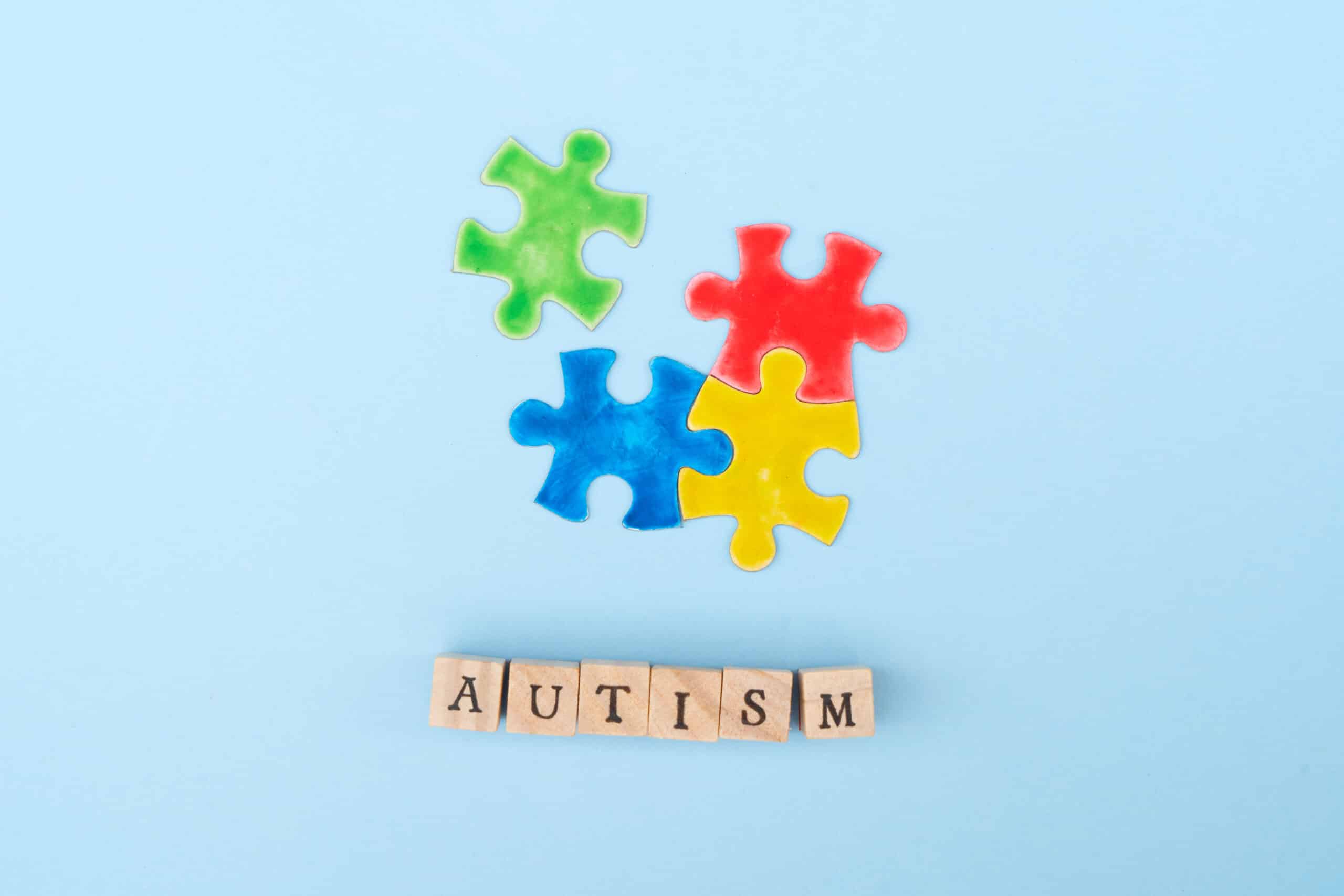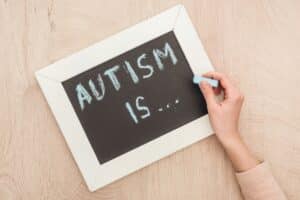Autism Fixations: What Are They?
- Updated:

Understanding the nuances of mental health conditions is essential, especially for those working in healthcare and for individuals supporting loved ones facing such challenges. Autism Spectrum Disorder (ASD) embodies a condition with unique behaviors and challenges, among which “autism fixation” stands as a noteworthy aspect necessitating deeper understanding. Understanding these fixations provides insight into the nuanced differences between conditions like social anxiety vs autism, offering a clearer picture of the ASD landscape. This concise overview aims to define autism fixations, outline their impact on individuals with autism, and present strategies for effective support and management.
Autism fixations involve an individual’s intense interest in specific topics, activities, or objects, going beyond ordinary hobbies to become a central part of their daily life and thought process. This encompasses persistent engagement and a deep knowledge of the subject. Recent studies have shown a complex relationship between ASD symptom severity and problem behavior, revealing that individuals with moderate-to-severe sleep disturbance exhibit clinically significant problem behaviors regardless of their ASD symptom severity. This suggests that the severity of autism symptoms alone does not predict the extent of problem behaviors; factors like sleep disturbances play a critical role, highlighting the multifaceted nature of autism and the importance of a comprehensive approach to care and management.
At Acera Health, we aim to illuminate these fixations to enhance understanding and foster coping mechanisms that improve the lives of those with autism. Recognizing the importance and prevalence of autism fixations, we aim to provide insights and tools for healthcare professionals and caregivers to support individuals with ASD effectively. Take our Autism Self-Test for adults today to begin the journey toward understanding and support.
Understanding Autism Fixation
Autism fixation, a unique feature often observed in many individuals with Autism Spectrum Disorder (ASD), is characterized by an intense and sometimes exclusive focus on specific topics, activities, objects, or ideas. This profound interest surpasses a mere hobby or preference, embedding itself deeply into an individual’s daily life and cognitive processes. It manifests through repetitive engagement, extensive knowledge acquisition, and a notable emotional attachment to the subject of fixation.
Recent research has shown us more about how certain interests or hobbies are different for people with high-functioning autism compared to others who don’t have autism. In a study that looked at both groups, who were similar in age, intelligence, and gender, they found some interesting things. Although both groups had about the same interests, the kinds of things they were interested in and how much those interests took over their lives were different. People with high-functioning autism tended to have interests that were much more intense and could get in the way of other parts of their lives more than those without autism. These interests were also usually things that could be done alone, like focusing on specific objects or activities rather than being about socializing or interacting with others. This difference in interests was so clear that it could be used to help tell if someone had high-functioning autism or not, just based on how intense their hobbies or interests were. This complexity in the interests of individuals with ASD underscores the importance of distinguishing between various mental health conditions and their manifestations, such as BPD vs. autism, to ensure accurate understanding and support.
This distinction in the types and intensity of fixations highlights the specialized nature of autism fixations and underscores their impact on daily functioning and social interactions. Recognizing and supporting these fixations, therefore, plays a crucial role in the holistic development and well-being of individuals with ASD. It emphasizes the need for tailored educational and therapeutic interventions that acknowledge the unique strengths and challenges presented by autism fixations.
Why Fixations Occur
The reasons behind autism fixations are intricate and individualized. These intense interests often emerge as a mechanism to introduce structure and predictability in an environment that might seem disorderly and overwhelming to someone with Autism Spectrum Disorder (ASD). For many, these focused interests become an essential method of self-expression, enabling them to share their passions and connect with others on a meaningful level. Additionally, fixations can act as vital coping strategies for navigating stress, anxiety, and the sensory challenges commonly encountered by individuals with ASD. Additionally, exploring the relationship between ARFID and autism can shed light on how fixations extend beyond interests to impact dietary preferences and challenges, further illustrating the broad spectrum of autism’s impact.
Eye-tracking technology has provided new insights into how individuals with ASD process visual information differently from their neurotypical peers. Studies using this technology have found that children with ASD display unique patterns in their visual scanpaths, indicating a distinct way they engage with visual stimuli. This research suggests that individuals with ASD show more “individual specificity” in their visual patterns. In simpler terms, they have a unique way of looking at and processing their surroundings, which can be reflected in the specialized interests or fixations they develop. These findings highlight the deep, focused attention individuals with ASD give to topics or objects of interest, underscoring the personalized nature of autism fixations. Such distinctive engagement with visual stimuli points to the complex cognitive and perceptual processes involved in forming and maintaining these fixations.
Understanding these underlying differences in visual processing and attention can help us appreciate the multifaceted reasons behind autism fixations, emphasizing the need for supportive strategies that acknowledge and nurture these unique ways of interacting with the world.
Common Themes of Fixation
The fixations that individuals with Autism Spectrum Disorder (ASD) develop, though varied, frequently center around themes that reflect their unique ways of processing the world. Many of these interests involve subjects that lend themselves to categorization, sequencing, or applying systematic rules, meeting the individual’s deep-seated need for order and predictability. The focus on systematic or organizational elements within these fixations also prompts an investigation into how autism affects the brain, revealing the underlying neurological basis for these intense interests.
For example, a fascination with trains may stem not just from the trains themselves but from an interest in their schedules and the rail network’s structure, reflecting a preference for organized, predictable systems. Similarly, an attraction to music might focus on the patterns within compositions or the sorting of genres. These interests provide comfort and satisfaction and highlight the cognitive strengths of individuals with ASD, such as their ability to focus intensely and analyze details. Recognizing and encouraging these thematic fixations can play a significant role in engaging and supporting individuals with ASD.
Impact on Daily Life
Autism fixations have a nuanced impact on everyday life, bringing both benefits and challenges. Positively, these deep interests can foster specialized skills and deep knowledge in particular subjects, potentially opening doors to career paths closely aligned with an individual’s passions. They serve as a source of happiness and comfort, offering a unique way for individuals to bond and share with others with similar interests. Yet, the challenges presented by these fixations, such as their potential to limit social interactions, highlight the delicate balance required in managing ASD, akin to navigating the differences between conditions like social anxiety vs. autism.
However, the intensity of these fixations can sometimes create obstacles, especially when they overshadow other aspects of daily life. Too much time on these interests can detract from essential activities, social engagements, and broader life experiences. Balancing the positive aspects of fixations with their potential to limit various facets of daily living is key to ensuring that individuals with ASD can thrive and fully participate in a diverse range of activities
Autism Treatment and Intervention Services at Acera Health
Understanding autism fixations is essential for supporting individuals with ASD in a manner that respects their unique way of experiencing the world. By embracing these intense interests while also fostering adaptability and broadened social interactions, we can empower individuals with autism to lead fulfilling lives. At Acera Health, our commitment to personalized care and support for mental health challenges, including those faced by individuals with autism, remains steadfast. Through education, understanding, and compassionate care, we strive to make a positive difference in the lives of those we serve.
As we continue to explore and understand the complexities of autism, it’s clear that fixations, though sometimes challenging, are integral to the rich tapestry of experiences and perspectives that individuals with ASD bring to our world. By fostering an environment of acceptance, support, and encouragement, we can all contribute to a more inclusive and understanding society.
Clinically Reviewed by:

Melody Stone, LMFT
Melody Stone is a Licensed Marriage and Family Therapist who has over 17 years of experience in the field of behavioral health. She works as the Chief Clincal Officer (CCO) to Acera Health, where she is a strong leader focused on sustainable success.
Related Resources

Social Anxiety vs. Autism
Social Anxiety vs. Autism Reviewed by: Melody Stone In the nuanced world of mental health care, differentiating between social anxiety and autism is not just

The Connection Between Depression & Autism
The Connection Between Depression & Autism Reviewed by: Melody Stone Acera Health, a leading residential treatment center, delves into the critical relationship between depression and

How Does Autism Affect the Brain? An In-Depth Exploration
How Does Autism Affect the Brain? – An In-Depth Exploration Reviewed by: Melody Stone Autism Spectrum Disorder (ASD) is a complex neurodevelopmental condition that affects




